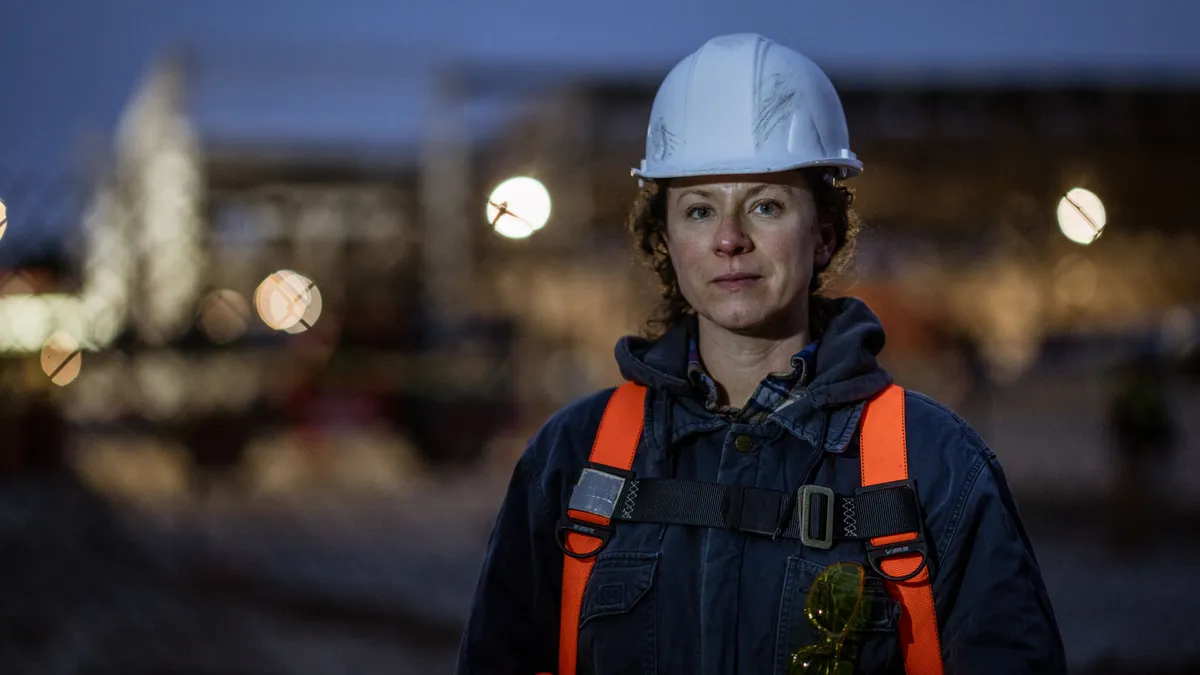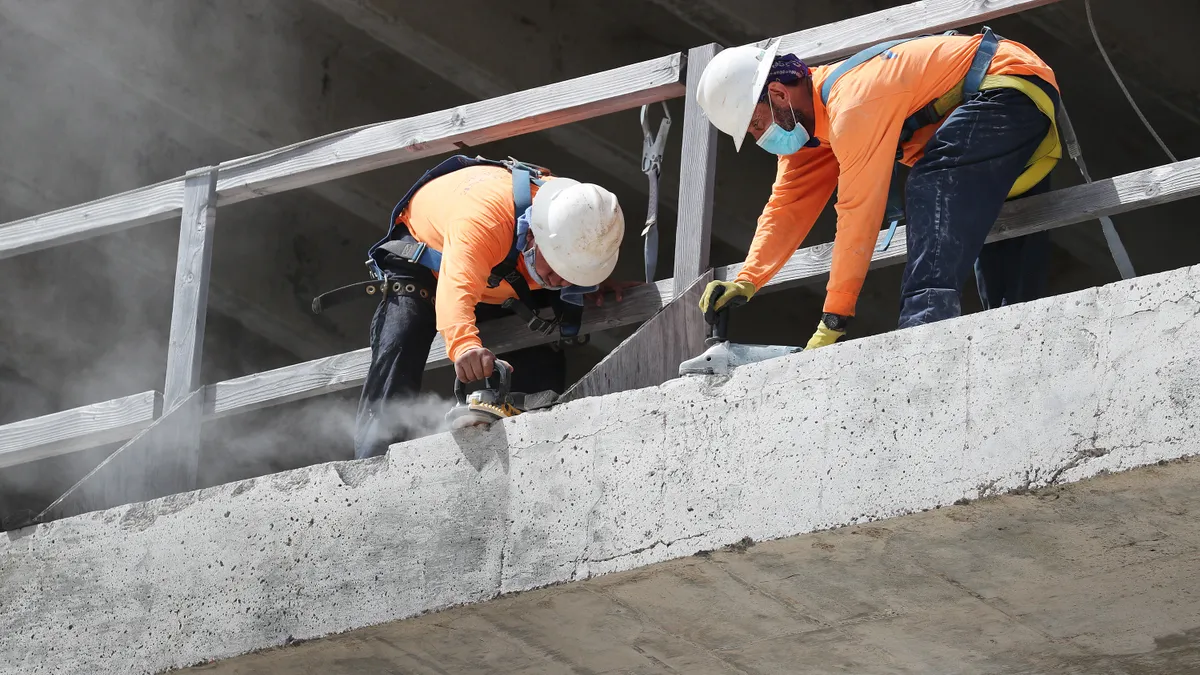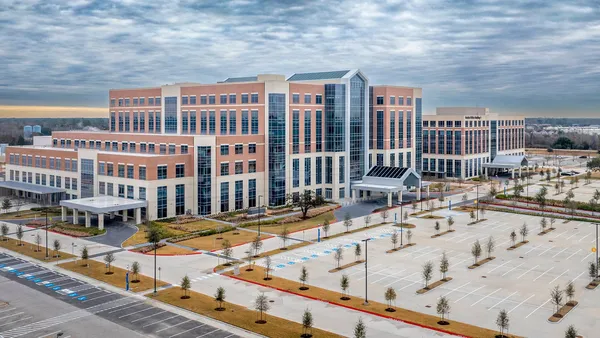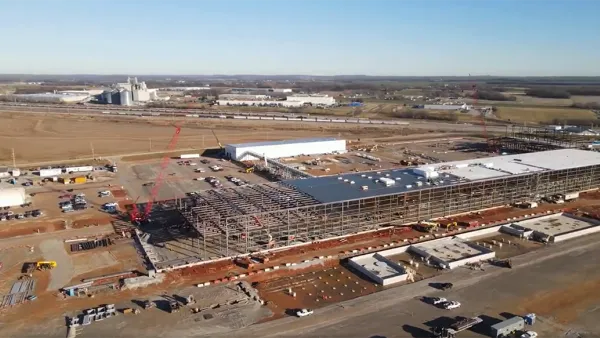Dive Brief:
- The Mayo Clinic announced this month that it will invest an expected $792 million into the construction of new facilities at its Phoenix and Jacksonville, Florida campuses.
- The $648 million Arizona Forward project will see its existing Phoenix complex almost double in size during the five-year capital program, which will add 1.4 million square feet of buildings to the current 1.7 million square feet. A new six-story patient tower, a three-story addition to the Mayo Clinic Building, a new three-story facility to house emergency and other services and an overall campus expansion will increase the number of patient beds from 280 to 374. At the Jacksonville property, a $144 million initiative will see the construction of a new 120,000-square-foot, five-story building that will house up to eight operating rooms and other departments. Also planned is a 1,000-space parking garage that will also provide 25,000 square feet of space for retail and other uses.
- Mayo officials said they will issue a request for architect and contractor proposals for the Arizona project and have not yet announced the construction company that will participate in the Florida program, but, according to a BuildZoom analysis of the building permit history at Mayo's Jacksonville property conducted for Construction Dive, contractors Auld & White Constructors, Robins & Martin, Batson-Cook Company and Brasfield & Gorrie have participated in past construction projects there for the healthcare system. AECOM Hunt is one of the companies that has performed general construction services for past Mayo projects at the Phoenix campus.
Dive Insight:
It is usually a requirement of the contract that construction companies performing work at existing healthcare facilities like Mayo train their workers on a variety of special procedures like dust, noise and infection control. These protocols not only protect workers but help ensure that patients remain safe and comfortable during the construction process.
According to general contractor and construction management firm Structure Tone, 5% to 7% of the annual 100,000 deaths from hospital-acquired infections can be traced back to a construction project. The firm points to Facility Guidelines Institute parameters and advises that contractors doing work in existing hospitals become familiar with and follow the infection control procedures in place at each facility; keep patient comfort and well-being in mind when planning and conducting all construction activities; maintain in-house infection control specialists; and implement a policy of zero tolerance.
There are organizations that will prepare employees and project managers for the intricacies of healthcare construction. The American Society for Health Care Engineering of the American Hospital Association offers a Health Care Construction certificate, and the association also provides the opportunity to become a Certified Healthcare Constructor.












